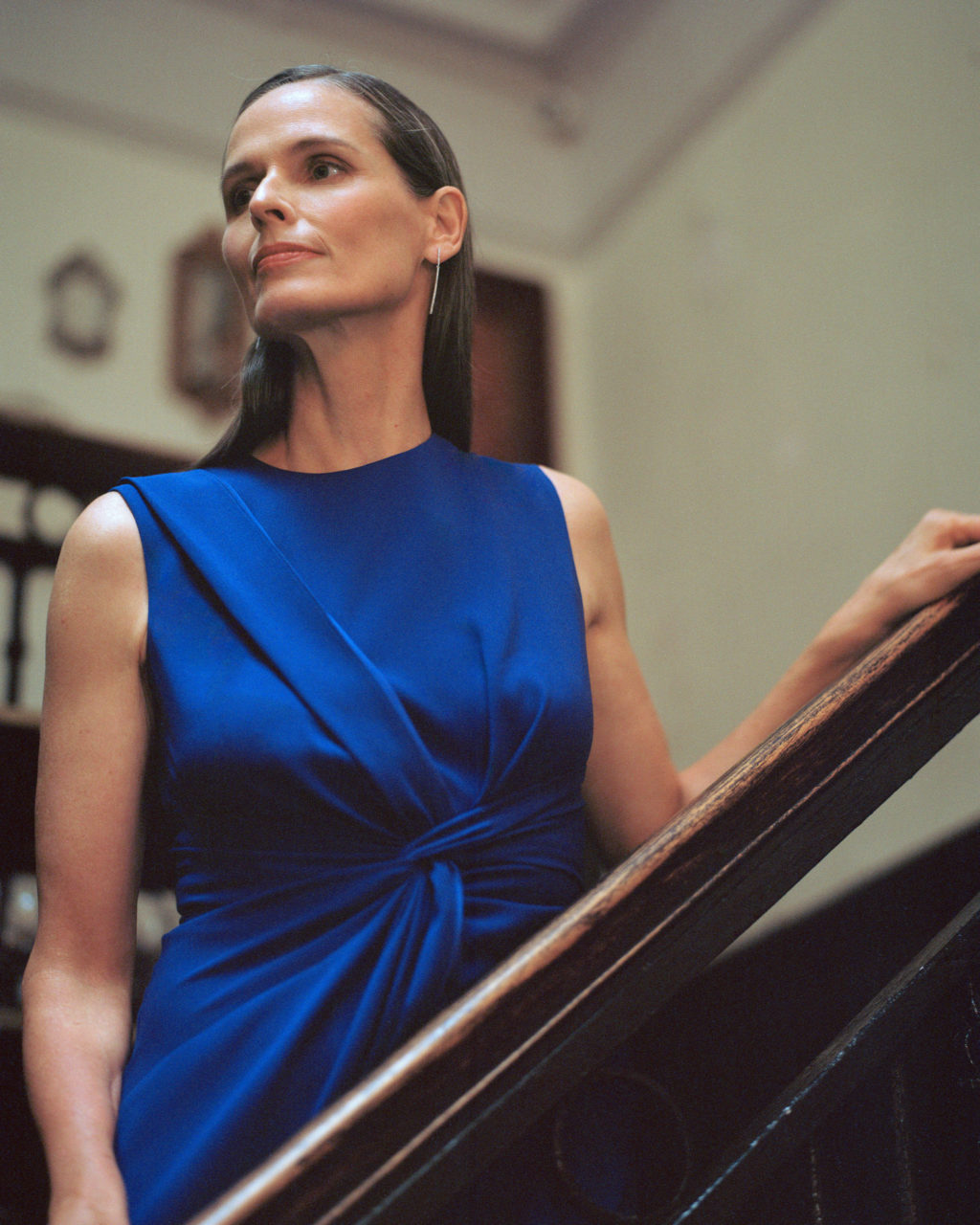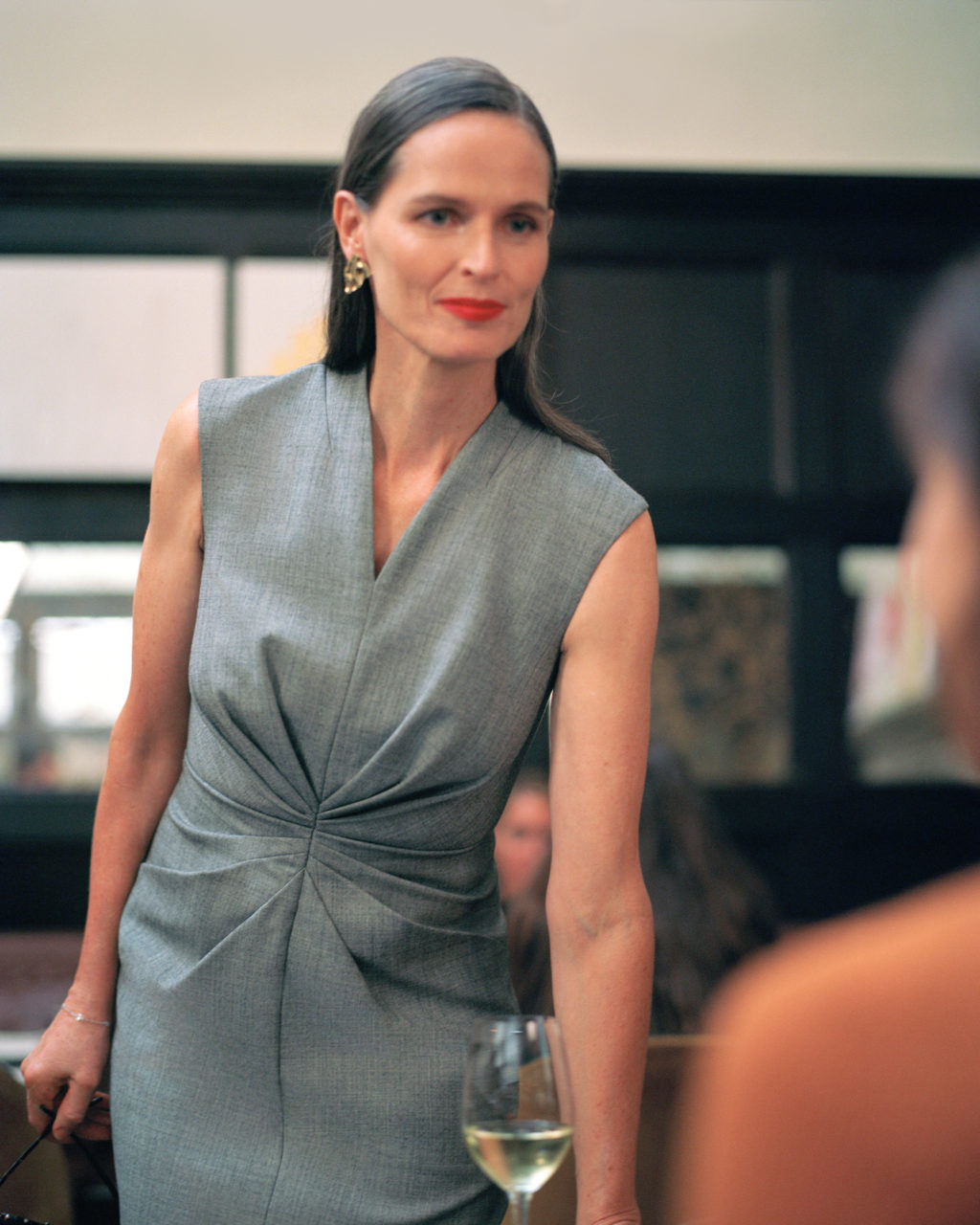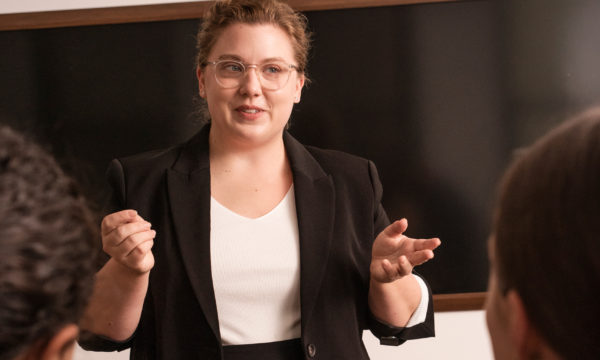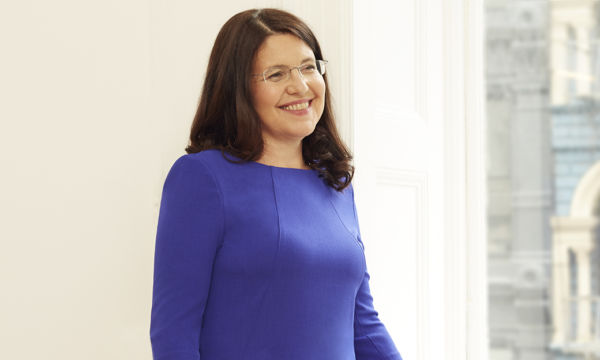Why Is It So Hard to Find a Good Mentor?
September 20, 2019 | Filed in: Your Career
Diana was my first boss. She hired me months after I graduated from college at the height of the Great Recession, and I might have adored her simply for that, had she not turned out to be a wonderful person, as well. At work, she was an advocate, giving me challenges along with the support I needed to grow. As we got to know one another personally, she became a sounding board for career decisions that would ultimately affect my future.
Want more M.M.? Sign up for our newsletter.
Diana was kind but tough, creative but strategically minded. She left a permanent imprint on my professional approach. When I quit that job for a new one on the other side of the country eight years ago, we stayed in touch. But I assumed I would eventually find other Dianas in New York City—that if I worked hard and proved that I was worth the investment, someone would eventually notice and decide to take me under her wing. In reality, I have come to realize the rarity of that dynamic: A good mentor is hard to find, especially if you’re a woman or person of color, and particularly in an industry like journalism, where the tectonic plates are permanently shifting.
Of course, this observation is hardly specific to the media world. The gender mentorship gap is real across the board, as is the imbalance of power it perpetuates. The World Economic Forum’s most recent Global Gender Gap Report revealed that, if we remain on our current path, gender parity won’t be achieved for 108 years. Women’s access to formal mentorship and leadership coaching—a cause potentially and frustratingly damaged by the #MeToo movement—is one pernicious part of the puzzle.

The Taylor dress and the Williamina earrings.
Another piece: A 2015 study by global management consulting firm Bain & Company showed that women with two years or fewer of experience were slightly ahead of men in ambition at work. But after the two-year mark, aspiration and confidence nosedived—60% and 50%, respectively—regardless of marriage or motherhood status. During the same time interval, men experienced only a 10% decline in confidence. What’s more, even among women in senior management, aspiration levels never fully recovered. Instead, they remained 60% lower than men’s, and those men were almost twice as confident as women that they would eventually reach top jobs. This might be part of the reason why women represent a mere 6.6% of Fortune 500 CEOs (an all-time high).
This gap is so significant because “we know that when mentorship is done well, it has a huge impact on hard metrics like promotions and raises,” says Anna Robinson, founder and CEO of Ceresa, an organization dedicated to closing the leadership gap. The Ceresa model employs technology to give women access to career coaching, a process Robinson describes as similar to how a trainer works with a client at the gym: targeted but tied to the big picture. The first two months of the program focus on self-reflection and goal-creation, which also makes it easier to partner someone with an appropriate mentor. “This is not rocket science,” Robinson adds. “We can fix this.”

The Cheyenne dress and the Esme earrings.
Doing so requires institutional changes, commitment, and an evolution in stubborn, subconscious values. But it might also require some reconsideration of what mentorship looks like on an individual plane. My first job in Manhattan plopped me into the boiling pot of startup land, at a company so hectic that a thoughtful conversation about where I wanted to go would have been out of the question. I was hired by one person but redirected to report to someone else, who soon turned into my first professional personality conflict.
While poor management may have been part of the issue, so were my own expectations: I thought that because she was a woman and my boss, this was a mentorship opportunity. Other women I spoke with about mentorship reflected similar hopes and disappointments, often complicated by the blurred lines between friendship and professional relationships over time. Robinson points out that, in addition to a company creating clearer metrics and benchmarks for formal mentoring tracks, we need to realize that just because someone is a rung above you on the ladder, that doesn’t mean they are necessarily the ideal person to give you a leg up. “It’s not just matching people with the people who make ‘sense,’” she says.

The Carmen jacket, the Noho skirt, the Linette top, the Bezel earrings, and the Bezel necklace.
While developing the Ceresa approach, she also came to understand how often women’s professional paths reflect reactionary decisions rather than strategic choices. “What I never realized was how many of these women have never been asked, ‘What do you want to do?’” she says. “Some of them are 10, 15 years into their careers, and many of them just fell into it—it’s really quite an emotional realization.”
That comment resonated with my own experience, which, after the startup detour, turned back toward journalism. Several years later, as a staffer at an online women’s media outlet, I was happy in my day-to-day but uncertain about where the role was actually taking me. By then, I realized that my goal was exclusively to write—not to ascend the management ranks—and so, in a sense, I was on track. But the revolving door of editors above me, a publishing model that prioritized quantity, and the lack of senior writers on staff meant that I wasn’t sure who to look up to.
And while I felt a connection with my direct editor, that informal mentorship focused more on psychosocial issues—navigating personalities and resolving conflict—than it did concrete career development or next steps. Such relationships are more common among women than men, who tend to receive more concrete career development coaching and opportunities. Peer mentorship among my colleagues helped; to date, since Diana, the most consistent, applicable, and solid mentoring has largely come from the writers and editors on my level, who can’t necessarily grant me entrée into the upper echelons of the industry but have been instrumental in making me become a better writer and journalist.

The Cheyenne dress and the Esme earrings.
After almost four years, it became obvious that my former company wasn’t built for what I wanted or needed, and that gaining access to mentorship might mean another detour from the industry—this time to graduate school, where at least I could focus single-mindedly on skill-building that would hopefully put me ahead when I went back into the workforce. When I arrived, I didn’t find another Diana. But I did finally find what I was looking for: a group of people to look up to professionally who were invested in my work, career satisfaction, and future success. While the program itself was a wonderful reprieve from the hectic demands (and, frankly, the politics) of office life, hands down, the highlight was the mentorship I received while I was there—and the confidence and ambition it helped me rebuild and put to use in the real world.









